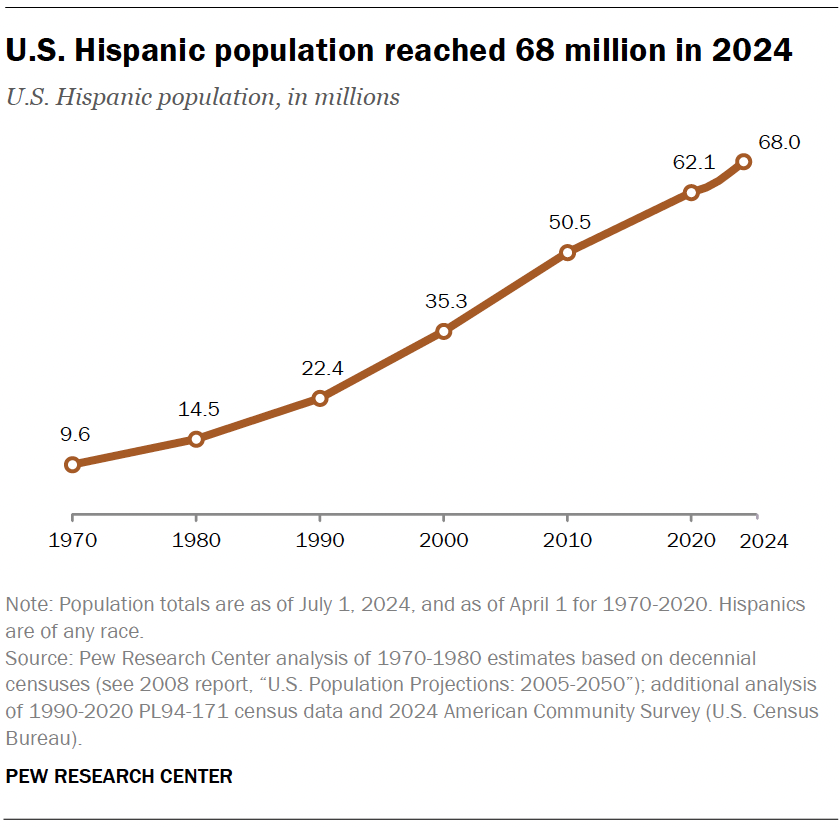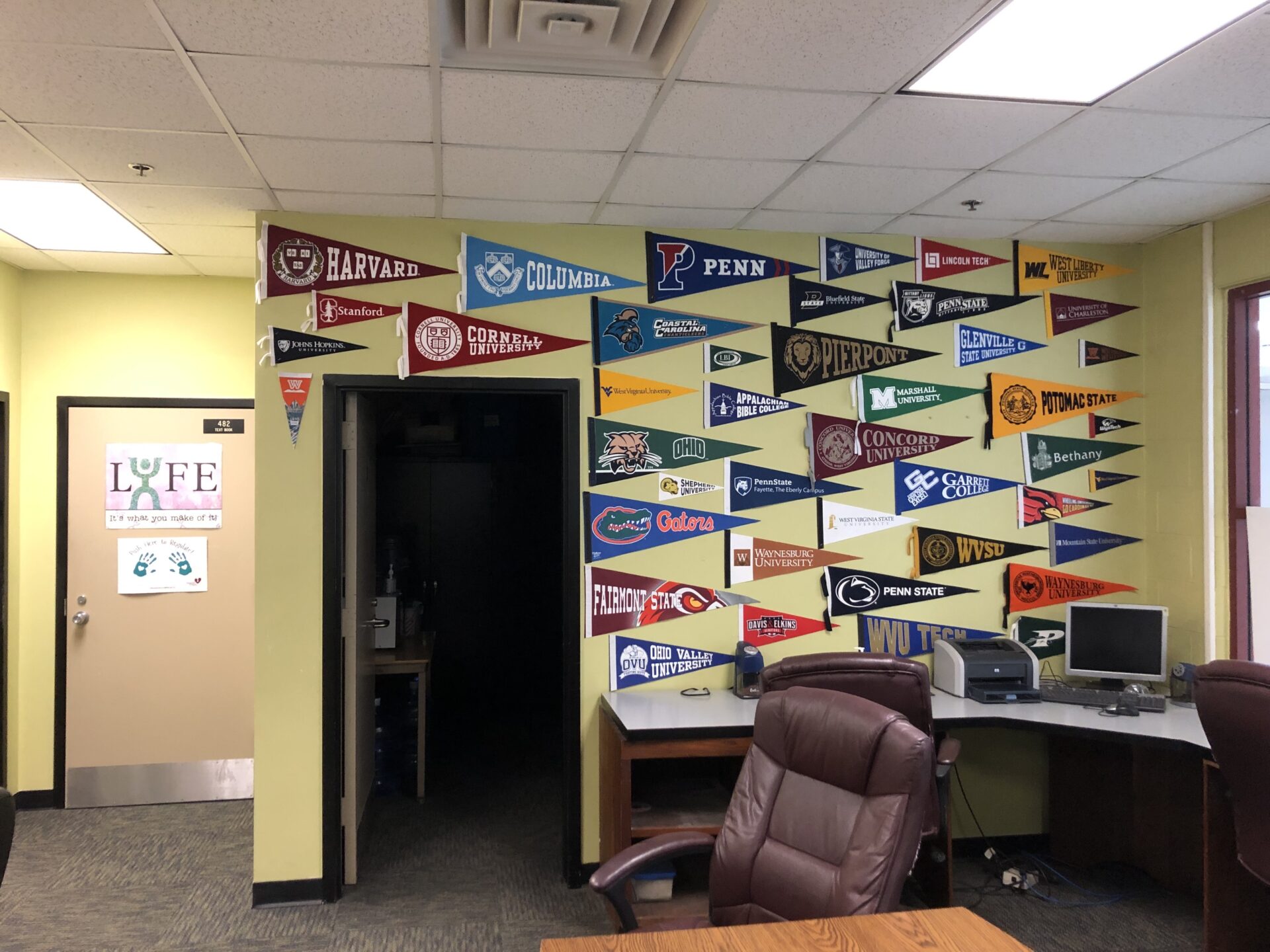Report on the 4th Annual ABTT MAKE A DiFFERENCE Conference
Introduction: Advancing Sustainable Development Goals in the UK Theatre Industry
The Association of British Theatre Technicians (ABTT) has announced its fourth annual MAKE A DiFFERENCE Conference, scheduled for 2026. This initiative is strategically aligned with the United Nations’ Sustainable Development Goals (SDGs), focusing on creating a sustainable and equitable future for the live performance industry. The conference directly addresses SDG 4 (Quality Education) and SDG 8 (Decent Work and Economic Growth) by concentrating on the theme of “Continuing to Learn Beyond Education.” The event aims to bridge the gap between formal training and the ongoing professional development required for a resilient and skilled backstage workforce.
Conference Overview and Objectives
Event Details
- Theme: Continuing to Learn Beyond Education
- Date: Thursday, 16th April 2026
- Location: Bathway Theatre, University of Greenwich, Woolwich, London
Core Mission and Alignment with SDG 4 (Quality Education)
The conference’s primary objective is to foster lifelong learning opportunities (SDG Target 4.3) and enhance relevant vocational skills for employment and decent jobs (SDG Target 4.4). It will unite educators, trainers, and employers to collaboratively improve career pathways for backstage professionals. The event employs a fully participatory model, requiring delegates to be active contributors in shaping strategies and committing to actionable outcomes, thereby ensuring that educational and training frameworks evolve to meet industry needs.
Key Thematic Areas for Discussion
The conference will focus on five key areas of development, each contributing to a more sustainable and inclusive industry workforce:
- Rethinking Workplace Inductions: Moving beyond basic health and safety to foster long-term integration and a culture of support, contributing to SDG 8 by promoting safe and secure working environments.
- Supporting Continued Personal Development: Facilitating skills transferability across different venues and sectors to create a more versatile and resilient workforce, in line with SDG 4’s goal of lifelong learning.
- Understanding Generational Dynamics: Exploring intergenerational learning challenges and opportunities to foster an inclusive environment for all workers, supporting SDG 4 (Inclusive Education) and SDG 8 (Full and Productive Employment).
- Establishing and Evolving Industry Standards: Building a shared understanding of professional standards between employers and educators to ensure quality and consistency, which supports SDG 9 (Industry, Innovation, and Infrastructure).
- Envisioning Lifelong Learning: Redefining training as an ongoing journey rather than a final destination, fully embodying the principles of SDG 4.
Collaborative Partnerships for Sustainable Goals (SDG 17)
This event exemplifies SDG 17 (Partnerships for the Goals) through its collaborative structure. The ABTT is partnering with academic staff from the Guildford School of Acting (GSA) and the Centre for Creative Futures at the University of Greenwich. This partnership between an industry body and higher education institutions is designed to guide discussions toward practical, industry-wide outcomes. Leadership from these organisations has affirmed the shared responsibility of educators and employers in developing a lifelong approach to training, which is critical for the sector’s future.
Participant Engagement and Actionable Outcomes
Registration and Commitments
Stakeholders, including businesses, employers, and training providers, are invited to register their interest. As part of the registration, attendees must agree to a participation agreement. This commitment requires each delegate to develop a feasible action plan aimed at improving recruitment, retention, and professional development, directly contributing to the objectives of SDG 8 (Decent Work and Economic Growth).
Preparatory Session
To facilitate effective participation, a mandatory online pre-conference meeting will be held to outline the event’s structure and expectations.
- Date: 1st April 2026
- Time: 12:30pm – 1:30pm
Sustainable Development Goals (SDGs) Analysis
1. Relevant Sustainable Development Goals (SDGs)
-
SDG 4: Quality Education
- The article’s central theme is “Continuing to Learn Beyond Education,” focusing on lifelong learning, professional development, and bridging the gap between formal training and the workplace. This directly aligns with SDG 4’s aim to ensure inclusive and equitable quality education and promote lifelong learning opportunities for all. The conference specifically addresses how to “improve learning and development outside our formal higher education training schemes.”
-
SDG 8: Decent Work and Economic Growth
- The conference aims to “improve the career journey of our future backstage workers” and address the industry’s “Recruitment & Retention Crisis.” By focusing on workplace inductions, skills transfer, and professional development, it seeks to create a more stable and supportive employment environment, which is a core component of promoting sustained, inclusive, and sustainable economic growth, full and productive employment, and decent work for all.
-
SDG 17: Partnerships for the Goals
- The event is a multi-stakeholder initiative designed to “nurture communication” and “encourage joined-up thinking.” It explicitly brings together “those that teach and train, together with employers” to solve industry challenges. The collaboration between the Association of British Theatre Technicians (ABTT), Guildford School of Acting (GSA), and the University of Greenwich is a clear example of the partnerships required to achieve sustainable development.
2. Specific SDG Targets
-
Target 4.4: By 2030, substantially increase the number of youth and adults who have relevant skills, including technical and vocational skills, for employment, decent jobs and entrepreneurship.
- The conference directly addresses this by focusing on practical skills development beyond formal education. Key discussion areas like “Supporting Continued Personal Development – helping skills transfer across venues and sectors” and “Envisioning Lifelong Learning” are aimed at equipping theatre technicians with relevant, evolving skills for their careers.
-
Target 8.6: By 2020, substantially reduce the proportion of youth not in employment, education or training.
- Although the target date has passed, the principle remains highly relevant. The conference’s mission to “bridge the gap between education and employment” for “new entrants” directly tackles the challenge of ensuring young people successfully transition from training into the workforce.
-
Target 17.17: Encourage and promote effective public, public-private and civil society partnerships, building on the experience and resourcing strategies of partnerships.
- The conference itself is a model of this target. It is a partnership between a civil society/industry body (ABTT) and public/academic institutions (University of Greenwich, GSA). The article states they are “collaborating with ABTT towards a sustainable and ethical future for the theatre industry,” embodying the spirit of this target.
3. Indicators for Measuring Progress
-
Development of Action Plans:
- The article implies a direct indicator of progress by stating that attendees are “asked to commit to the MAKE A DiFFERENCE participation agreement, which encourages everyone to leave the event with a clear, feasible action plan to improve recruitment, retention and professional development.” The number and quality of these action plans created by participating businesses and educators would serve as a measurable outcome.
-
Establishment of Industry Standards:
- One of the five key areas for the conference is “Establishing and Evolving Industry Standards – building shared understanding across employers and educators.” The creation or revision of formal industry standards as a result of the conference would be a tangible indicator of progress towards its goals.
-
Multi-stakeholder Participation and Commitment:
- The article implies that the level of engagement is an indicator of success. The number of “businesses, employers, educators and training providers” who register and attend, and the number of signatories to the “participation agreement,” can be used to measure the reach and impact of the partnership. The fact that this is the “fourth edition” of the conference also indicates a sustained and successful partnership.
Summary Table: SDGs, Targets, and Indicators
| SDGs | Targets | Indicators (Implied in the Article) |
|---|---|---|
| SDG 4: Quality Education | Target 4.4: Increase the number of adults with relevant technical and vocational skills for employment. |
|
| SDG 8: Decent Work and Economic Growth | Target 8.6: Reduce the proportion of youth not in employment, education or training. |
|
| SDG 17: Partnerships for the Goals | Target 17.17: Encourage and promote effective public-private and civil society partnerships. |
|
Source: etnow.com







